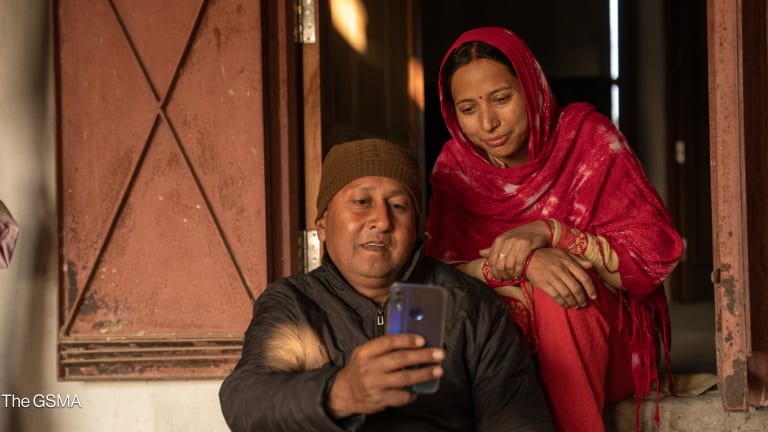Mahatma Gandhi once said, “Poverty is the worst form of violence.” This is very true for persons with disabilities.
The Millennium Development Goal target of reducing global poverty has been achieved, with more than 1 billion people lifted out of extreme poverty. No reports or data show how many persons with disabilities were lifted out of poverty globally. But ADD International’s experience — and a growing body of academic research — shows that poverty affects persons with disability disproportionately.
In the last decades, world growth has been enormous. At the same time, the increase of inequality has also been mountainous — a study shows that the 85 richest people on the planet boast the same wealth as the poorest 3.5 billion people in the world. Muhammad Yunus recently warned that unless the purpose of business is reformulated, the world will end up with almost all the wealth of the planet concentrated in the hands of a few people. Persons with disabilities and other marginalized groups have been left behind — they are worst affected by poverty and inequality.








